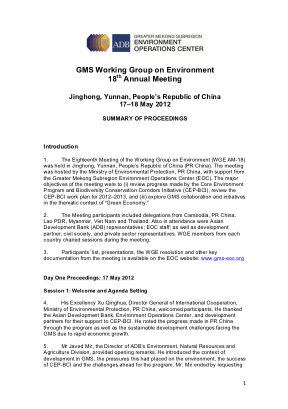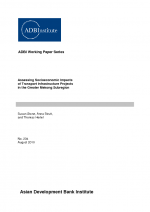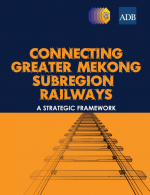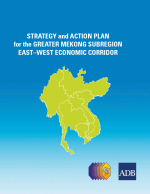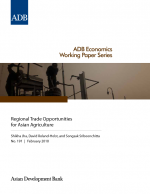Proceedings of the Fourteenth Meeting of the GMS Subregional Transport Forum
The Fourteenth Meeting of the Subregional Transport Forum (STF-14) was held in Nanning, Guangxi Zhuang Autonomous Region (GZAR), People's Republic of China (PRC), on 2-3 December 2010 The Meeting was jointly organized by the Ministry of Transport, PRC; the Department of Transport, GZAR; and the Asian Development Bank (ADB).

